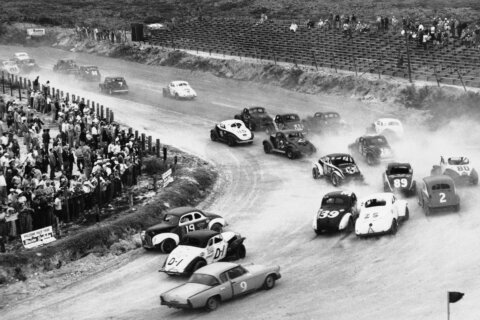It’s been a legend for years in barrooms and nightclubs — that “beer goggles” make people seem better looking.
Well, a new study by University of Pittsburgh suggests that, while “beer goggles” may not be scientifically provable, it does lend credence to the notion of “liquid courage.”
The research was led by Molly Bowdring, who was a researcher at University of Pittsburgh when the study was done. The findings were published Wednesday in the Journal of Studies on Alcohol and Drugs.
Researchers recruited 18 pairs of men in their 20s. Each pair were “platonic same-sex friends” who regularly drank with each other. They were shown photos and videos of individuals and instructed to choose who they found attractive.
“For participants self-identified as heterosexual, female targets were coded as orientation-matched and male targets were considered orientation-mismatched. The opposite was true for gay participants, and for bisexual participants both male and female targets were coded as orientation-matched,” the study said.
They were also told that they may be given the opportunity to interact with one of the people they chose in a future experiment and asked to pick the individual with whom they would most like to interact.
On one day of the randomized study, men drank cranberry juice cocktails, with just enough alcohol to make them legally drunk. On the other day, they drank straight cranberry juice.
So what did the study find?
“The researchers did not find evidence of beer goggles. Whether or not participants were intoxicated had no effect on how good looking they found others,” according to a news release from the Journal of Studies on Alcohol and Drugs.
However, the findings did suggest alcohol makes the men more likely to attempt interacting with individuals they found attractive.
“When drinking, they were 1.71 times more likely to select one of their top-four attractive candidates to potentially meet in a future study, compared with when they were sober,” according to the release.
WTOP’s Abigail Constantino contributed to this report.








